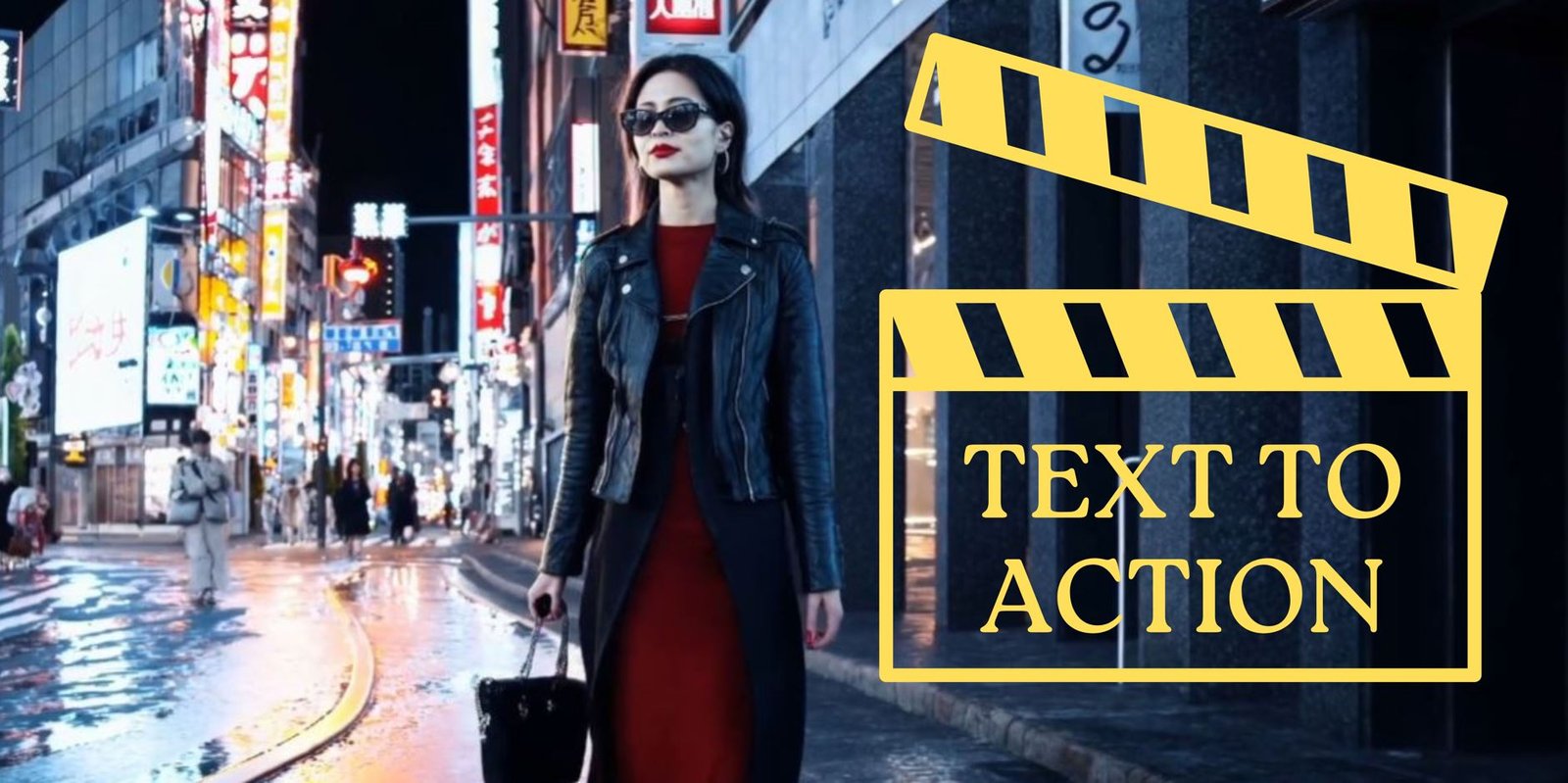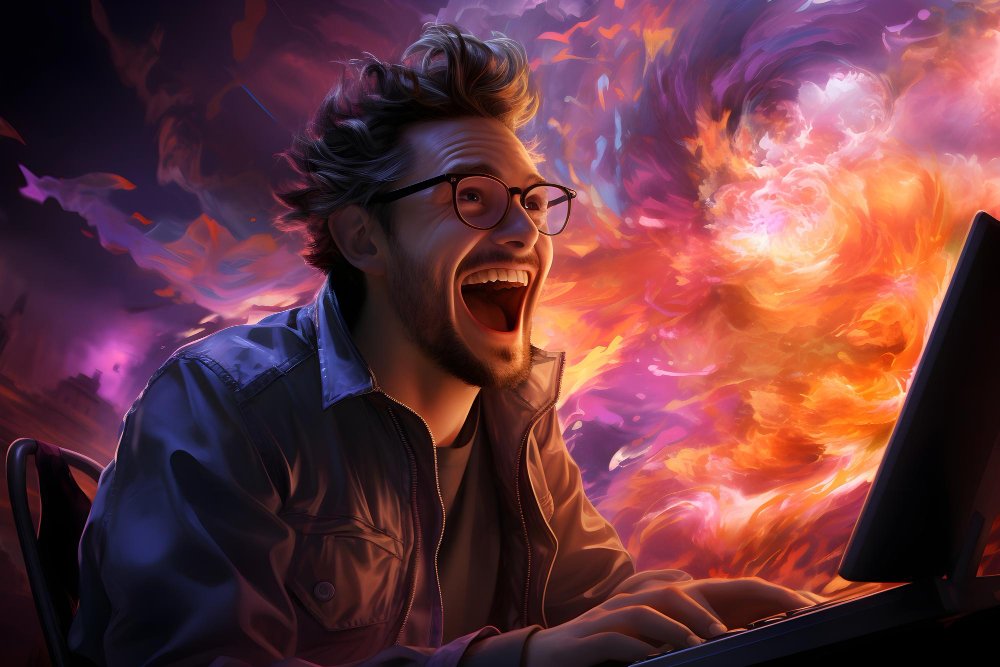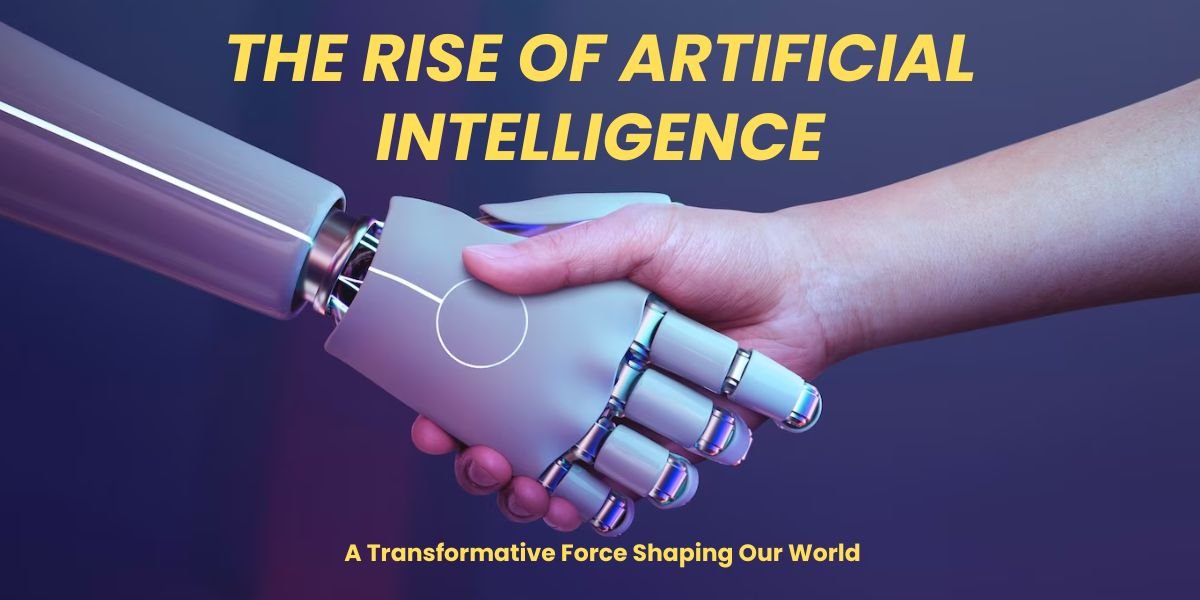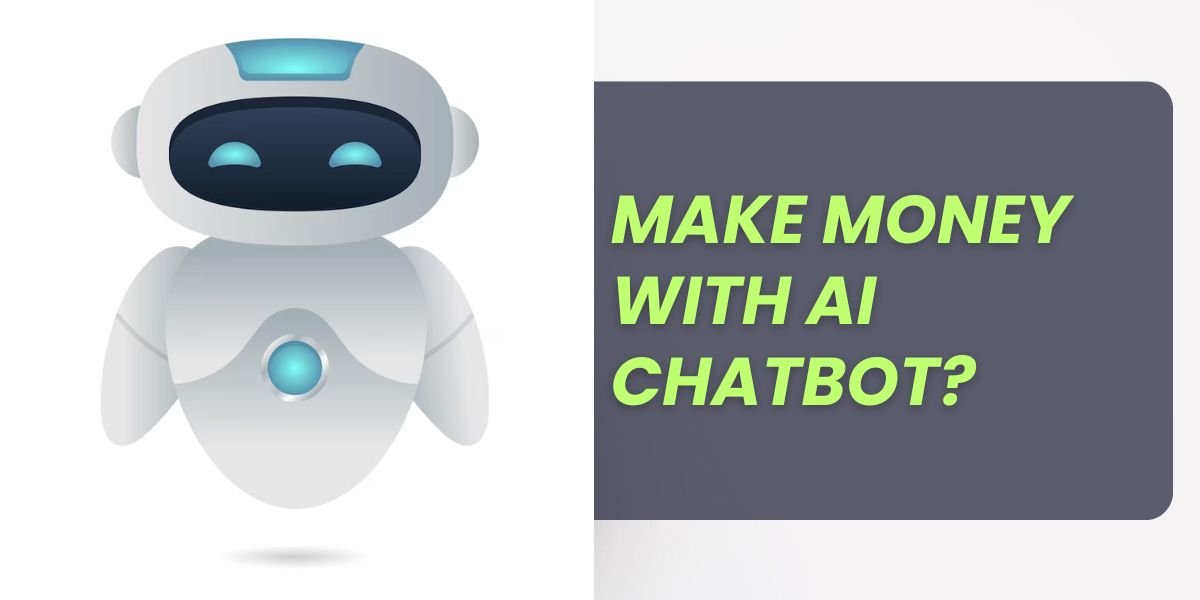OpenAI Sora: Untapped Potential or Pandora's Box? Only Time Will Tell.
The video creation environment is trembling with anticipation as OpenAI Sora, a text-to-video AI capable of generating realistic visuals from simple words, is unveiled. This breakthrough technology promises to democratize video production, allowing anyone with an idea to make it a reality. However, despite the excitement, there are concerns about potential abuse, ethical consequences, and the overall impact on society. Will Sora transform video creation, or will it generate more red flags than frames? Let’s look into the possibilities and consider the potential problems.

A Glimpse into Sora's Capabilities:
OpenAI Sora operates on a foundation of complex algorithms trained on massive datasets of text and video. It can interpret your textual input, grasp the nuances of the narrative, and translate it into a visually compelling video. Imagine describing a bustling cityscape, and Sora paints a vibrant picture with intricate details, realistic movements, and lifelike characters. Or envision scripting a dramatic scene, and Sora brings it to life with emotional depth and captivating visuals.
Revolutionizing Video Creation:
Sora’s potential to democratize video creation is undeniable. It empowers individuals with limited technical skills to produce high-quality videos, fostering a new wave of creative expression. Imagine educators crafting engaging learning materials, businesses creating impactful marketing campaigns, or even individuals preserving personal stories in a visually captivating format.
Furthermore, Sora could significantly expedite the video production process. Scriptwriters, directors, and animators could leverage its capabilities to quickly visualize their ideas, iterate on concepts, and streamline workflows. This efficiency boost could translate into faster content creation, reduced costs, and increased accessibility for smaller studios and independent creators.
Ethical Concerns and Potential Pitfalls:
However, the power of Sora comes with a hefty dose of ethical concerns. The ability to generate realistic, yet fabricated, videos raises serious questions about misinformation and manipulation. Malicious actors could exploit Sora to create deepfakes, spreading disinformation and eroding trust in visual media. Additionally, the potential for bias in the underlying algorithms could lead to the perpetuation of harmful stereotypes and prejudices.
Furthermore, the ease of creating videos with Sora could exacerbate existing issues of copyright infringement and intellectual property theft. The ability to replicate existing content or create near-perfect copies could pose significant challenges for creators and rights holders.
Navigating the Ethical Landscape:
It’s crucial to acknowledge these concerns and proactively address them before Sora becomes widely adopted. OpenAI itself has acknowledged these potential pitfalls and taken steps to mitigate them, such as implementing safeguards against deepfake creation. However, the responsibility doesn’t solely lie with the developers.
Users of Sora must be responsible and ethical in their application of the tool. Understanding the potential for misuse and actively seeking to avoid it is paramount. Additionally, fostering open dialogues and collaboration between developers, policymakers, and users is essential to establish ethical guidelines and best practices for this powerful technology.
The Future of Video Creation:
The future of video creation with tools like Sora remains uncertain. While its potential to revolutionize the industry is undeniable, the ethical considerations cannot be ignored. Ultimately, the success of Sora will hinge on our ability to harness its power responsibly and navigate the complex ethical landscape it presents.
Beyond the Hype:
It’s important to remember that Sora is still in its early stages of development. While its current capabilities are impressive, it’s crucial to avoid overhyping its potential. Further development and testing are necessary before it can be widely adopted without significant risks.
Conclusion:
OpenAI Sora is a groundbreaking tool with the potential to reshape the landscape of video creation. However, its future success hinges on our ability to address the ethical concerns and navigate the complex challenges it presents. By fostering responsible use, open dialogue, and continuous development, we can ensure that Sora becomes a force for good, empowering creators and enriching our visual storytelling experience.
FAQs: OpenAI Sora - Revolution or Red Flags?
Sora can generate realistic videos from written descriptions. Imagine typing “a bustling cityscape at sunset” and seeing a video with moving cars, pedestrians, and vibrant colors come to life.
Sora empowers anyone to create high-quality videos regardless of technical skills. Think educators crafting engaging lessons, businesses making impactful ads, or individuals preserving stories in a visually captivating way.
While there are similarities, Sora focuses on generating original content based on textual descriptions. However, the potential for misuse as deepfakes is a valid concern that needs addressing.
Misinformation, manipulation, and bias are significant worries. Malicious actors could use Sora to create deepfakes, while the algorithms themselves might perpetuate harmful stereotypes.
OpenAI is implementing safeguards, but user responsibility is crucial. Understanding ethical implications and avoiding misuse are key. Open dialogues and collaborations between developers, policymakers, and users are essential.
It’s still early days. While the potential is exciting, further development and testing are needed before widespread adoption without significant risks.
Anyone who wants to create videos but lacks technical expertise could benefit, from educators and businesses to independent creators and storytellers.
No, it’s more of a tool to enhance workflows and expedite processes. Editors can use it for storyboarding, prototyping, or generating specific elements.
Current capabilities focus on generating basic scenes and objects. Complex narratives, emotions, and nuanced storytelling might require human intervention for now.
Stay updated through OpenAI’s website and official channels. Read articles, watch demos, and join discussions to understand its potential and limitations.
It depends on responsible development and use. If we navigate the ethical landscape carefully, Sora could empower creators, democratize video production, and enrich our visual storytelling experience.










Pingback: The Rise of the AI Auteur: How will Sora impact future video creation? - Meepri